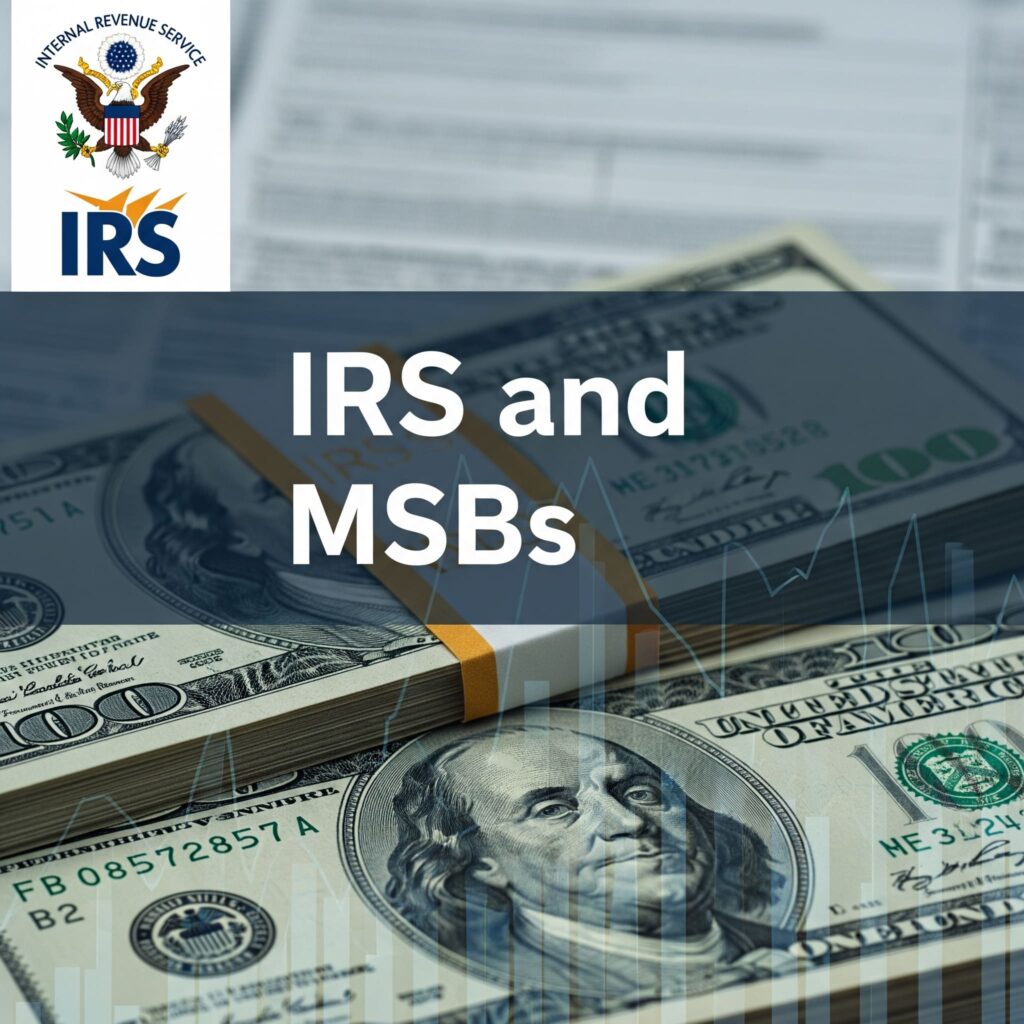Money Services Businesses (MSBs) — such as money transmitters, digital wallets, and currency exchangers — face a layered tax environment in the United States. Tax obligations apply at both the federal and state level, and the location of the parent entity can make a significant difference in the overall tax burden.
Federal Taxation of MSBs
At the federal level, MSBs are taxed like any other U.S. corporation:
– Corporate Income Tax: Flat 21% rate on taxable income for C-Corporations.
– Pass-Through Entities: LLCs, S-Corporations, and partnerships are taxed at the individual owner’s personal rate (up to 37%).
– Additional Layers: Shareholders may also pay 15–20% dividend tax, depending on their personal bracket.
Compliance obligations under the IRS, FinCEN, and the Bank Secrecy Act (BSA) add operational costs, but the primary tax exposure comes from corporate income tax.
State Taxation of MSBs
Each state imposes its own tax regime, ranging from corporate income taxes to franchise or gross receipts taxes. States with higher tax rates, such as New York and California, can significantly increase the effective tax burden. By contrast, Texas and Florida offer more favorable conditions.
Puerto Rico — Act 60 and IFE Structures
For MSBs tied to international banking or cross-border services, Puerto Rico offers unique advantages through its Act 60 Export Services regime and International Financial Entity (IFE) license:
– Act 60 Companies: 4% fixed corporate tax rate, with no federal or state tax.
– IFEs: Also taxed at 4%, while gaining access to U.S. financial infrastructure like Fedwire, ACH, and SWIFT.
This structure can reduce effective tax to just 4%, compared to 25–35% on the U.S. mainland.
Tax Comparison Table
| Jurisdiction | Corporate / Business Tax Rate | Notes |
| Federal (U.S.) | 21% flat corporate tax | Pass-through entities taxed up to 37% at owner level; 15–20% dividends |
| New York | 6.5% corporate tax | Large businesses >$5M pay ~7.25%; NYC adds 8.85% corporate tax |
| California | 8.84% corporate tax | $800 minimum franchise tax; LLC fee $900–$11,790 based on receipts |
| Texas | No corporate income tax | Franchise (margin) tax ~0.75% on gross receipts above $1.23M |
| Florida | 5.5% corporate income tax | No personal income tax; pass-throughs not taxed at entity level |
| Puerto Rico (Act 60) | 4% fixed corporate tax | Export services; no federal or state tax |
| Puerto Rico (IFE) | 4% fixed corporate tax | Banking/financial services entity; U.S. financial access |
Conclusion
MSBs face federal corporate tax of 21%, and in high-tax states like New York and California, combined effective rates can exceed 30%. States like Texas and Florida help reduce exposure, while Puerto Rico’s Act 60 and IFE regimes offer one of the most tax-efficient structures in the U.S. — a flat 4% rate.
Still, tax planning is highly fact-specific. Owner residency, income sourcing, and compliance obligations must all be carefully considered before choosing the right jurisdiction.

